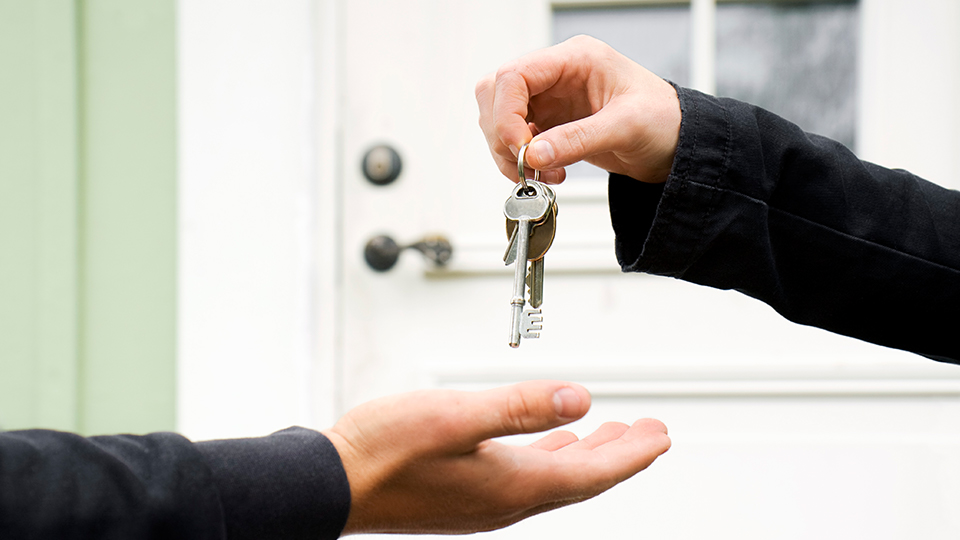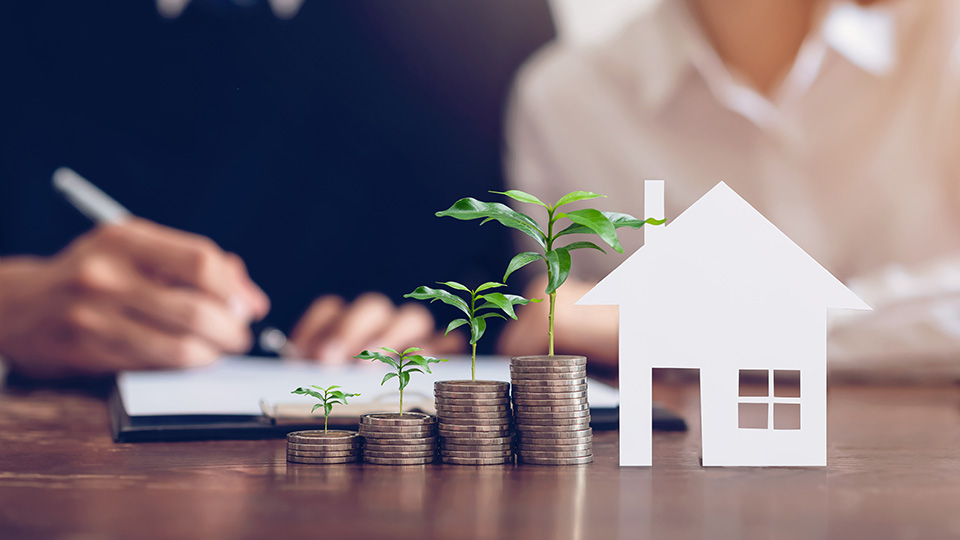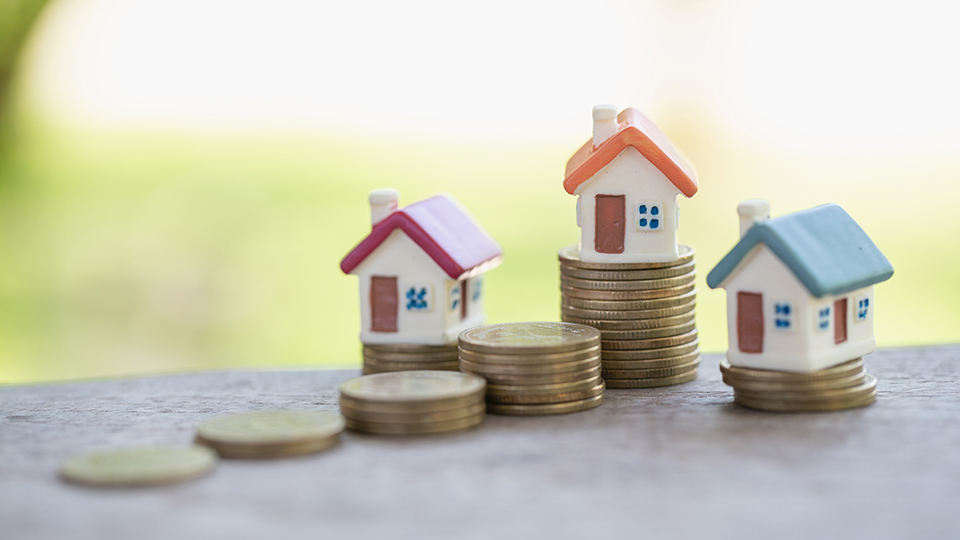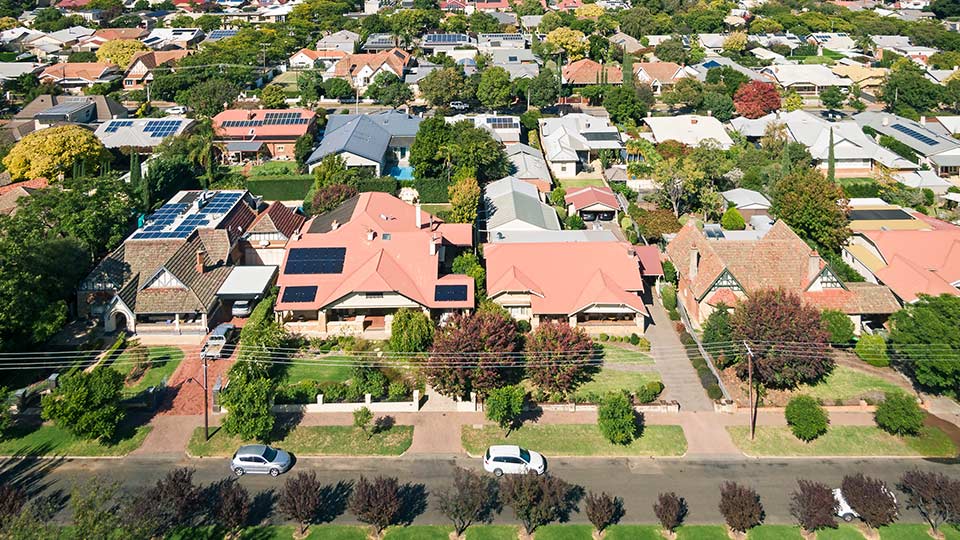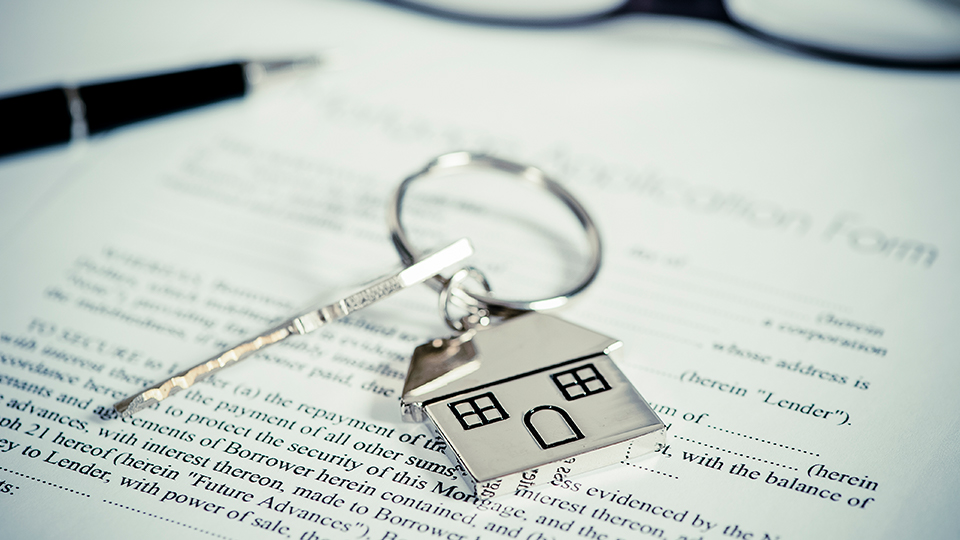It may be that you’ve accumulated some savings, or paid off the bulk of your mortgage, or you may just be thinking about bulking up your retirement nest egg.
For those who want to avoid the uncertainty of the stock market or simply prefer to invest in something they can actually see, the idea of buying an investment property can look very attractive.
Buying an investment property can be a fantastic long-term investment move, but before you start spending your Saturday mornings at real estate auctions, it’s important to do some preliminary groundwork.
Save a deposit, or leverage existing mortgage or equity
It’s a simple equation: the less money you borrow, the less interest you pay.
Yet, given that the interest you pay on an investment property is generally tax deductible, there’s less incentive for investors to save a huge deposit when buying an investment property.
However, when buying an investment property, keep in mind that with a larger mortgage comes other expenses. For example, a loan with a deposit less than 10 per cent will attract lender mortgage insurance fees.
Some investors use the equity in their home to finance the deposit for investment real estate. Equity is simply the percentage of your home you have paid off and own.
Most lenders will let you borrow about 80 per cent of the equity of your home.
Research, set your budget, organise pre-approval
Pre-approval isn’t just helpful when buying an investment property, it actually helps you decide what property to buy and where.
Pre-approval is when a lender does a full assessment of your financial situation and approves a maximum limit to what you can borrow.
Once you know your spending limit, you can start checking out real estate in that price range.
You’ll also know how much your repayment will be and compare that to what you can expect to get from rent in different areas.
Understand tax requirements and things you can claim
To be able to accurately create a budget and determine how much to borrow when buying an investment property, it’s important to know all the tax requirements you’re obligated to meet, as well as all the tax deductions you can claim.
Some tax breaks for property are well known, such as negative gearing, where the amount you pay maintaining an investment property is greater than the income you receive from it, and where the difference is tax deductible.
Yet, when buying an investment property, there are many more tax deductions you need to be across.
For example, did you know you can claim deductions on depreciating assets for your property, such as heaters?
There are also less known tax requirements, some like capital gains tax, that can really pack a punch when it comes to selling your investment property.
Factor in upfront costs and ongoing costs
In any large investment there are those additional up-front costs.
When buying an investment property, these can include stamp duty, conveyancing, and mortgage application costs – but don’t forget those ongoing costs attached to maintaining your investment property, because these will have budgetary implications, which may ultimately determine how much you borrow and what real estate to buy.
Owners’ corporation fees can sometimes be as high as the rent you bring in, especially if the property is located in an apartment building with a lot of shared space and community assets, like a pool or gym.
Other ongoing costs can include council rates and general repairs to the property – something to be considered, especially if you are thinking of purchasing an older dwelling.
Make the purchase, plan for the long term, manage your risk
So, you’ve found a great investment property and made the purchase.
Remember though, securing the finance for the purchase is just the first step in financially managing your investment.
Property investment is often seen as less risky than some other investments, but it is a big investment that comes with a certain level of risk.
Markets can be volatile, renters aren’t always guaranteed, recent tenancy reforms have an impact on landlords – and as any homeowner will tell you, there’s always something that needs fixing.
When buying an investment property, it’s important to factor risk into your long-term strategy. Look at all the threats and mitigate where possible.
Speak to the investment property experts at LDB
While there are many things to consider when buying an investment property, you’re not alone – the experienced property team at LDB Group can help.
LDB offers a range of real estate and property management services, owners’ corporation management, and project management, as well as lease and tenancy negotiation expertise and advocacy for buyers and sellers.
For tailored property investment advice, give us a call on (03) 9875 2900 or send us your details via the contact form below.

